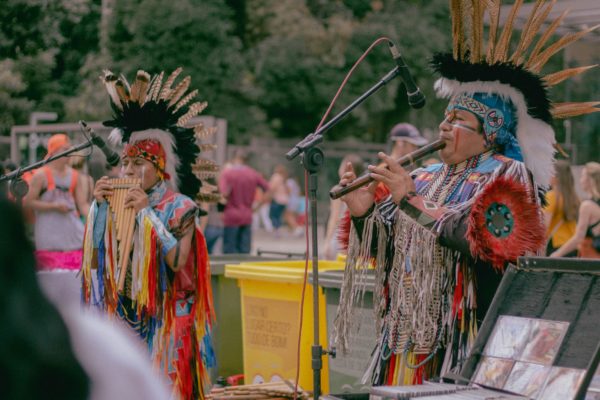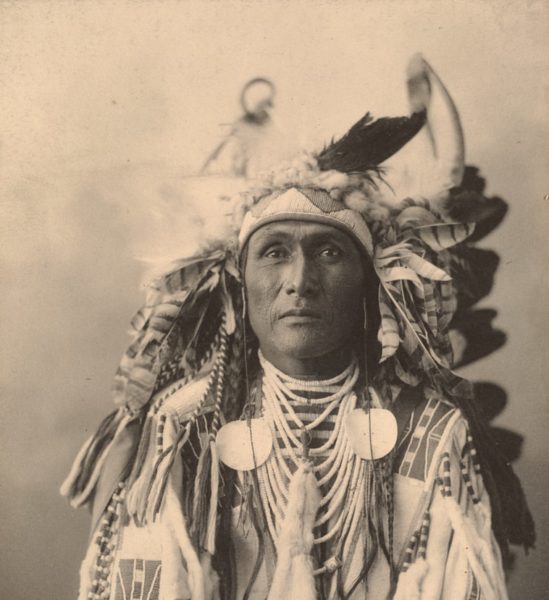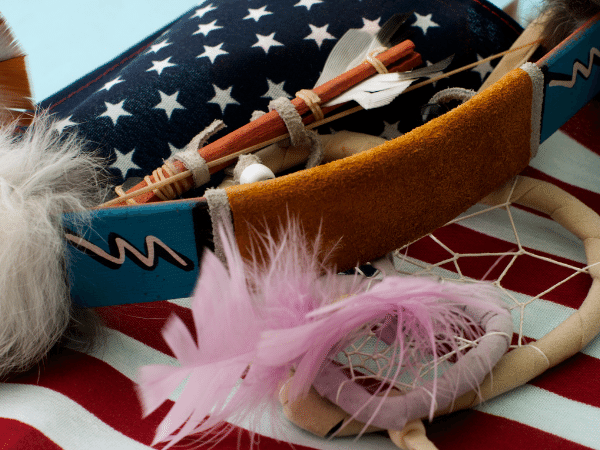Trauma, in general, is a result of being exposed to distressing and disturbing events that affect a person’s ability to cope and manage their emotions. People experience trauma due to different causes. Experiencing trauma is not an exclusive mental and psychological illness. It can happen to anyone, and it can trigger from any event.
In this article, we’ll talk about cultural trauma. Perhaps, this is the first time you’ve heard about it. Unfortunately, it is not a widely-spoken type of trauma. However, it continues to affect thousands of people of Native American descent. Why is that? Read further to find out and know how you can help yourself or people experiencing this trauma.
What is Cultural Trauma?
It is the continuous psychological wounding that affects a person during their lifetime that passes on from one generation to another. Anthropologists also call it historical trauma or soul wounding. Historical trauma is caused by factors relating to a person’s race and ethnicity. Its roots in the differences between nationalities and lead to discrimination and hate.

Experiencing soul wounding is cumulative. It doesn’t stop due to its connection with a person’s indelible identity to its ethnicity. For example, a Chinese person cannot erase the fact that he is Chinese. Even if that person tries to Americanize himself, other people will continue to identify him as a person of Chinese descent.With that, every little discriminating word or action builds up until the person’s coping strategies won’t work anymore. Hence, it results in historical trauma and mental health issues. If you know someone experiencing this, there are available solutions for mental health problems. Experiencing mental health issues due to cultural trauma is a serious issue if not mitigated.
Trauma Culture in the United States
In the United States, historical trauma runs rampant among Native Americans. Most Americans today didn’t descend from the original settlers of the American lands. American history states that most Americans descended from immigrants who settled in America. In essence, the people of America are multi-ethnic.
However, due to the influence of immigrants from Europe, today’s American culture doesn’t represent the culture of the country’s original settlers. The culture you know today is heavily influenced by Northern and Western European immigrants and settlers. In other words, that’s mainstream American culture.
Unfortunately, as mainstream American culture became the United State’s self-identifying culture imposed on the world, Native American culture hasn’t been given enough importance and value. And to add insult to injury, some Americans discriminate against Natives for being different in color, appearance, and ethnic descent.
This discrimination leads to trauma culture and PTSD among Native Americans who try to blend in with the public. Besides being a minority group, Native Americans don’t experience the same treatment and value as White Americans. Data shows that there are high unemployment and poverty rates among Native Americans.
How did this trauma start? And more importantly, when did it start? Let’s find out in the next section.
What Caused Historical Trauma to the Native Americans?
In a study published in Regis University, author Tammy R. Barker explores the psychological impact of historical trauma on the Native American people. Barker enumerates the causes of cultural trauma among the Native Americans.
GENOCIDE
The deliberate intention to kill the Native American people and culture is one factor that caused trauma. However, the context behind the word “kill” is not limited to causing the death of a person but includes the elimination of cultural, racial, and national identity.

SLAVERY
In history books, some historians hail Christopher Columbus as the founder of America. If you check history books now, you’ll see Columbus as a hero. But, contrary to popular belief, the discovery of America was not celebratory. Instead, the “discovery” mentioned in history books was an invasion.
Barker expounds on this in his study, stating that Columbus’ arrival in the American lands has led to the slavery of the Arawak people in South America. As a result, many viewed Columbus as a hero. In contrast, many aren’t aware of the slavery and genocidal policies constricting Native Americans in their way of life and leading to a trauma culture.
INVASION
History books mention the Native Americans as one of the early settlers in America. However, these materials often omit the hundreds of years of history and culture of the Native Americans. Instead, history often depicts America as an untamed, uninhabited land when it was discovered. The omission of the Native American culture has led other people to discriminate against them.
When European countries immigrated to America, they imposed their culture and traditions in this new land just how the Dutch built New Amsterdam, which is modern-day New York. As a result, the Native American culture has been pushed away from the rising American civilization until it became just a minority group. Just like other examples of cultural trauma, invasion created discrimination against the Native American people up to this day.
DISEASE
The arrival of the Europeans also paved the way for the arrival of diseases that eliminated the population of early America. Barker states that there were millions of Arawak people in Haiti and the Dominican Republic. However, diseases eliminated most people, and the Natives received the disease’s full impact, making them less in number and less important.
EXTERMINATION
The Native Americans tried to coexist with the whites. Though there were peaceful times between the two ethnicities, it came when the whites don’t see any benefit from cooperating with the Natives. As a result, the whites exterminated them by killing the leaders of Native American groups.
How Can Native Americans Heal from Cultural Trauma?
Due to the discrimination and limitations imposed on Native Americans, you or someone you know may have experienced mental health problems. Though some people can develop personal coping strategies, not everyone has the mental fortitude to face mental health issues alone.

Seeking the help of an expert is necessary if the effects of historical trauma are starting to affect your daily life. Roots Through Recovery offers treatment for the specialized population in California by using a culture-based program to enhance healing and recovery. At Roots Through Recovery, we can enter you into a program that’ll help you cope with the challenges and burdens of being a Native American in modern times.
Contact us now at 866-766-8776, and let’s put you on a specialized treatment program.





